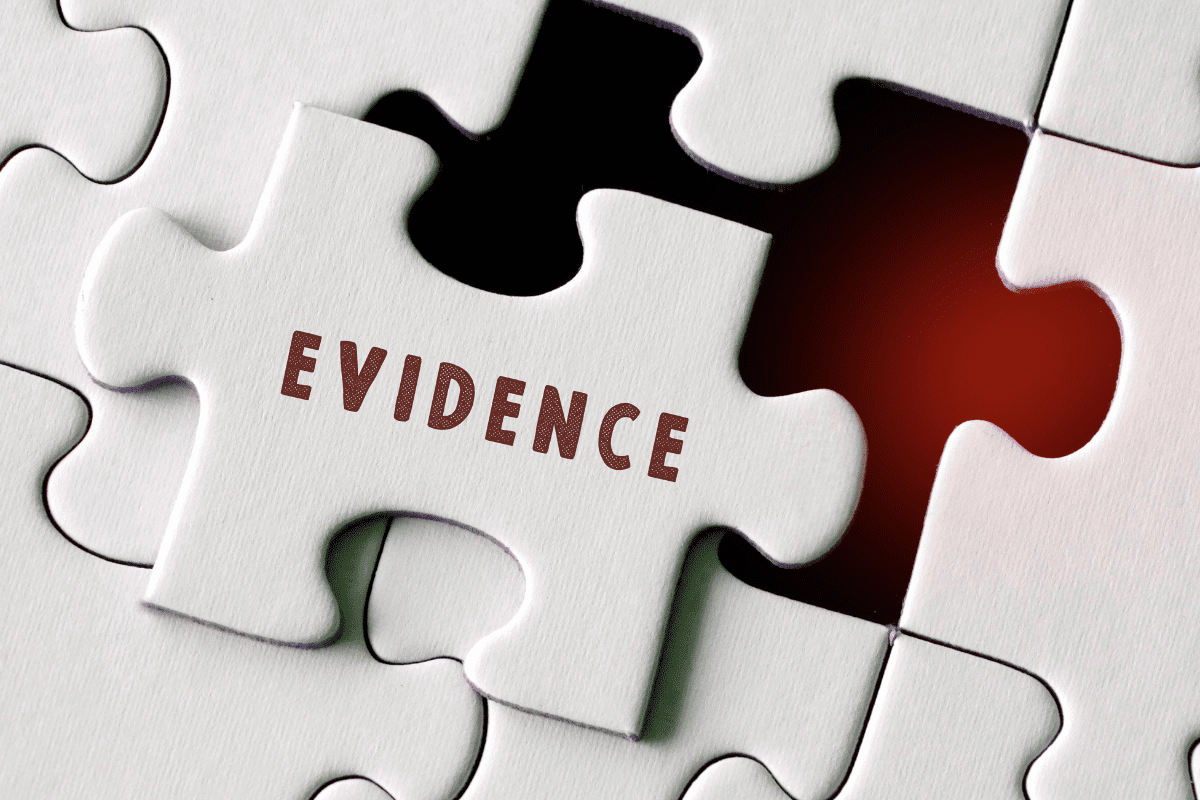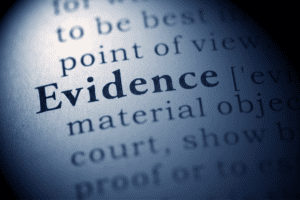Expert Evidence in Civil Litigation
Expert evidence is often required in civil litigation claims, particularly in construction litigation and personal injury litigation. Expert’s must follow strict requirements in order for their evidence to be admissible.
Duty of Experts
Rule 4.1.01 of the Rules of Civil Procedure sets out the duty of an expert as follows:
4.1.01 (1) It is the duty of every expert engaged by or on behalf of a party to provide evidence in relation to a proceeding under these rules,
- (a) to provide opinion evidence that is fair, objective and non-partisan;
- (b) to provide opinion evidence that is related only to matters that are within the expert’s area of expertise; and
- (c) to provide such additional assistance as the court may reasonably require to determine a matter in issue.
Duty Prevails
(2) The duty in subrule (1) prevails over any obligation owed by the expert to the party by whom or on whose behalf he or she is engaged.
Experts have a special duty to the Court to provide fair, objective and non-partisan assistance. A proposed expert witness who is unable or unwilling to comply with this duty is not qualified to give expert opinion evidence and should not be permitted to do so.
Expert Reports
Rule 53 of the Rules of Civil Procedure sets out the pre-conditions that must be met before an expert is permitted to give opinion evidence to the Court. Any opinion given by the expert must be contained in a written report that complies with Rule 53.03. Expert reports are to be delivered at least 90 days before the pre-trial conference, or 60 days before the pre-trial conference in the case of a responding report.
The written expert report must contain the following information:
- The expert’s name, address and area of expertise.
- The expert’s qualifications and employment and educational experiences in his or her area of expertise.
- The instructions provided to the expert in relation to the proceeding.
- The nature of the opinion being sought and each issue in the proceeding to which the opinion relates.
- The expert’s opinion respecting each issue and, where there is a range of opinions given, a summary of the range and the reasons for the expert’s own opinion within that range.
- The expert’s reasons for his or her opinion, including,
- i. a description of the factual assumptions on which the opinion is based,
- ii. a description of any research conducted by the expert that led him or her to form the opinion, and
- iii. a list of every document, if any, relied on by the expert in forming the opinion.
- An acknowledgement of expert’s duty (Form 53) signed by the expert.
As of March 31, 2022, Rule 53.03 is amended to allow a supplementary report to be served and filed until 45 days before trial, and a supplementary responding report 15 days before trial. Sub-rule 53.03(4)(c) allows parties to consent to any late service and filing of an expert report where that lateness does not affect the scheduled trial dates.
Admissibility
The basic structure of the law of admissibility of expert opinions is set out in R v Mohan, [1994] 2 SCR 9. The first step of the threshold inquiry has four requirements:
- Relevance
- Necessity in assisting the trier of fact
- Absence of an exclusionary rule
- A properly qualified expert.
The second step in the Mohan admissibility test requires the trial judge to balance the probative value of expert evidence against its prejudicial effects. An expert’s lack f independence and impartiality goes to this second step of the threshold inquiry and will affect the admissibility of the evidence in addition to being considered in relation to the weight to be given to the evidence if admitted.
The issue of admissibility is decided at the time the evidence is proffered and the expert witness’s qualification is requested by a party. However, the trial judge’s role does not cease after the expert is qualified. Rather, the trial judge must continue to exercise his/her gatekeeper function and ensure that the evidence to be given is independent.
Independence, Impartiality and Reliability
Counsel must ensure that their expert’s are able to review the entirety of the relevant available evidence for the purpose of preparing their report. For example, in Boone v O’Kelly, 2020 ONSC 6932, the Court held that the defendant expert, Dr. Burns, was not independent in part because he was providing opinion medical evidence without having reviewed all the medical records or satisfying himself that he had access to all relevant information in order to arrive at his opinion. Rather, Dr. Burns had relied on a chronology prepared by defence counsel as opposed to the actual medical records in order to form his opinion, and he never examined the plaintiff in person. The Court held that this undermined the reliability and impartiality of Dr. Burns’ evidence and that there was an inherent bias, from the beginning, in his opinion and evidence. As such, Dr. Burns’ evidence was excluded in its entirety.
If you have a civil litigation file and require assistance, please contact one of our civil litigators at RichardsonHall LLP.
This content is not intended to provide legal advice or opinion as neither can be given without reference to specific events and situations.






